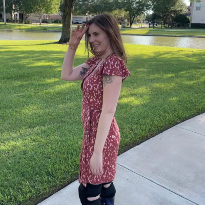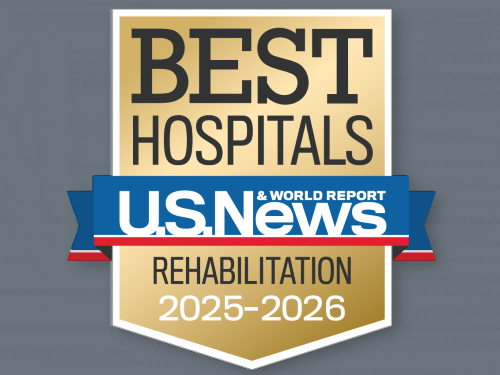Kelli Bixler: Celebrating Life
Surrounded by family and friends in October 2022, Kelli Bixler was thrilled to be hosting an event to celebrate her life. She was able to chat, eat some of her favorite foods and walk around to spend time with her loved ones. Just a year prior, she was unable to perform any of those activities du...



